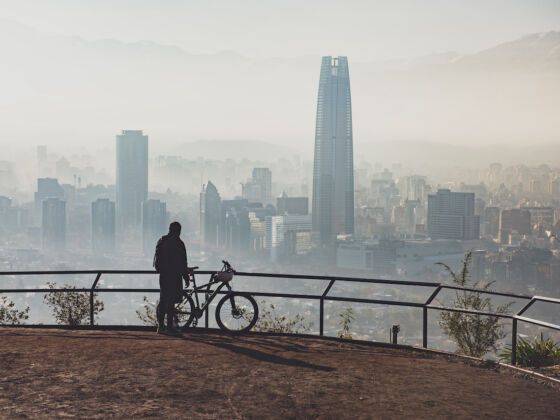7:59 AM: ONE MORE MINUTE until the alarm on my cell phone bursts into 16-bit tonal fury.
It begins to shriek, sending me frantically groping for the off button. I roll out of bed, trying not to wake my roommate Jon, who’s slumbering three feet away. Sharing a hostel room the size of a broom closet is a complicated affair. When we’re sleeping, the floor is littered with luggage and dirty laundry. During the day, we pile everything back on top of our beds.
